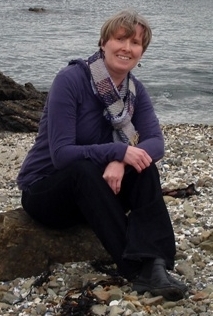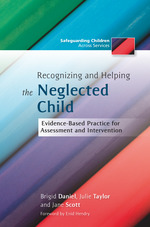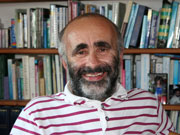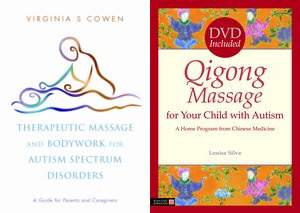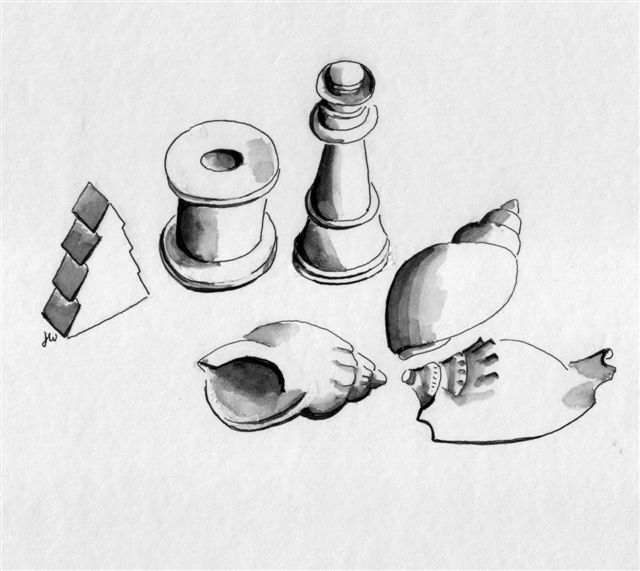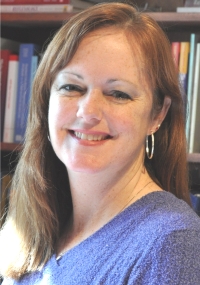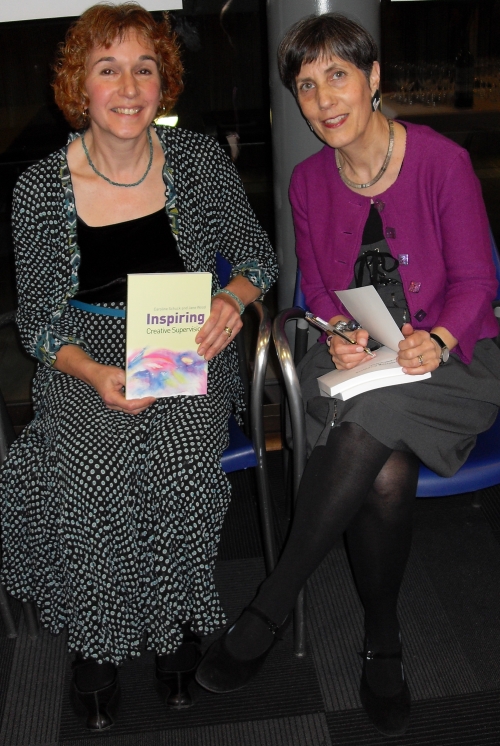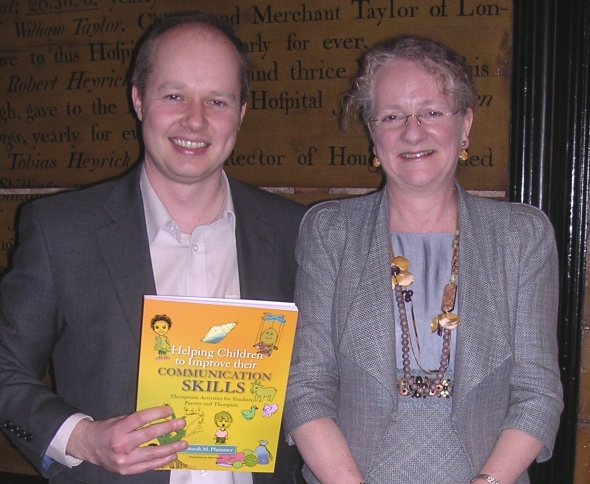Transformative Supervision for the Helping Professions – An Interview with Nicki Weld
“As I talk about in the book, my best transformative moments in supervision both as a supervisor and supervisee have come from boldness and braveness. They’ve also come from courage and creativity, where the supervisor has brought their knowledge and understanding of a person into the room and made a connection, or asked a question that takes the supervisee on a new direction. It’s also when a supervisee has said, “I want to go further, I want to look deeper, not just ‘debrief'”.
